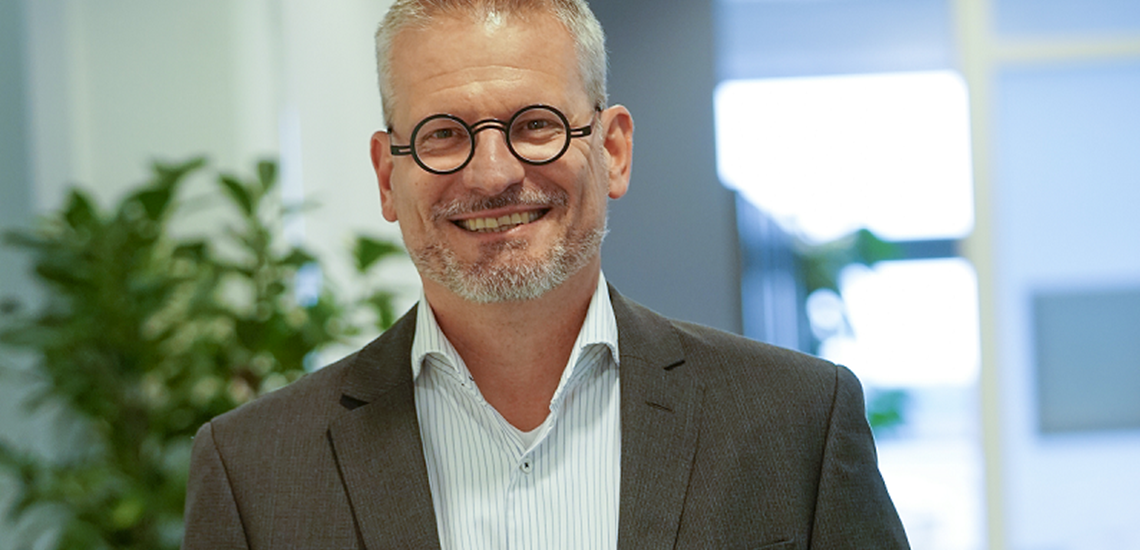Innovations have gained momentum in the course of the coronavirus. This is also true of auditing. Various certification bodies have experimented with remote audits. Are these remote audits here to stay? And is there any untapped potential?

Roland van der Post
Managing Director, GMP+ International
Traditionally, audits are performed by an auditor - a person visiting the site to assess whether companies meet the standards of our scheme. This was sufficient – and still is. However, the crisis has taught us that it pays to take a close look at things that we’ve always taken for granted. This is true of travelling, meeting, digitalisation, working from home – and also of audits.
A number of years ago, GMP+ International started the discussion about the possibilities of performing remote audits. COVID has presented an extra challenge for GMP+ International and the certifying bodies to experiment with remote auditing. This positive new momentum should be maintained. This is why we are working on a guide about remote auditing. The ongoing discussion, however, is primarily triggered by the limitations imposed by COVID. What if we just turn around? That we dare to think in terms of opportunities instead of limitations? Simply ignoring existing conventions? And thus investigating our current and future options to support and improve the audits?
The core question, of course, is: what is the audit for? If we can answer this question, we can then look for ways to achieve this goal. This, for instance, includes new technology and solutions such as smart glasses, blockchain, drones, and algorithms. Does the auditor always have to be on site? Will there be an annual audit or is it a continuous process? And will there be just one auditor or several persons with varying expertise?
Questions over questions; and yet there are no answers in sight. Sure enough: there will always be obstacles and challenges. We’ve all experienced this, all of us. Yet we persisted, knowing that challenges are inherent to new approaches, but that these efforts are ultimately paying off. And let’s not forget that time is moving on. Other sectors, too, are experimenting with digitalisation and automation. These developments also concern our own sector.
Thus, I would like to invite you to join us in thinking about the audit of the future. What opportunities can we seize for optimum assurance of feed safety? We would like to discuss this with you. The only condition: think in terms of opportunities instead of limitations. This is how the best ideas are created.
P.S. Do you already have tickets for the Global Feed Safety Summit in Berlin from 6-8 April, 2022? Order your tickets right here. I’m looking forward to meeting you there!